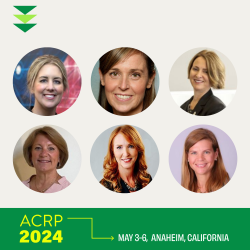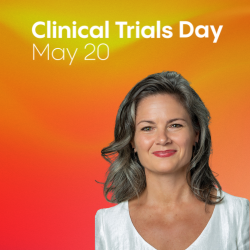The COVID-19 pandemic may well have ushered in the age of decentralized clinical trials (DCTs), but the clinical research enterprise is far from being fully prepared to maximize their potential in the years to come, says Amanda Rangel, MS, CCRC, executive vice president for virtual trial solutions at VirTrial.
“We’ve been applying Band-Aids to limp through, but eventually Band-Aids fall off,” Rangel says. Instead, the clinical trial industry needs to begin thinking about a post-COVID-19 landscape, where the pandemic is eradicated or minimized to a degree that we’re able to return to somewhat normal operating conditions. When that happens, Rangel notes, look for accompanying changes in expectations from regulators.
“The U.S. Food and Drug Administration has [temporarily] reduced barriers to tools like Zoom in trials as long as protocol deviations are noted,” Rangel says. However, when the current health crisis subsides, the agency will go back to its higher standards in many cases, and those who’ve become enamored of one type of DCT may find themselves floundering in 2021 or 2022 under different rules and guidances, she adds.
“Sites and others should be looking at long-term solutions” in terms of how best to leverage aspects of DCTs, Rangel advises. While COVID-19 has put the concept of DCTs “in everyone’s face, there are still so many choices” regarding when to use DCT components and how to execute the subsequent trial, she says.
“Sponsors, contract research organizations, and others don’t have fully baked standard operating procedures in place for DCTs,” Rangel adds. “Barriers for adoption” remain and must be addressed sooner rather than later, she maintains.
Rangel and colleague Kim Kundert, RN, BSN, vice president of operations for VirTrial, will provide an analysis of some of the best times and ways to conduct DCTs at an upcoming Virtual ACRP 2020 session.
Author: Michael Causey



